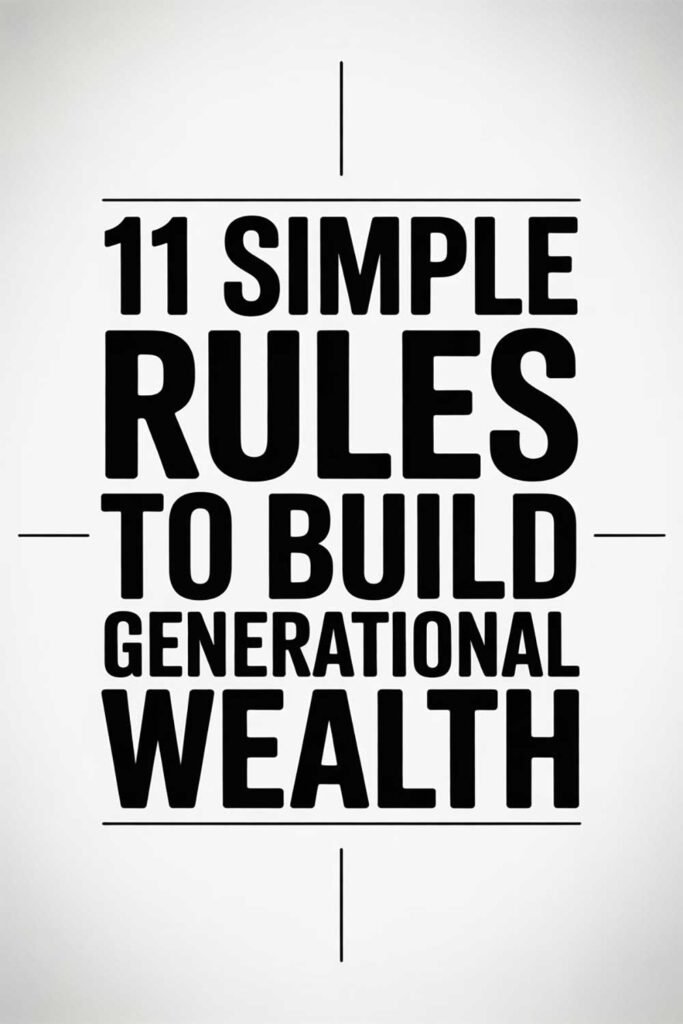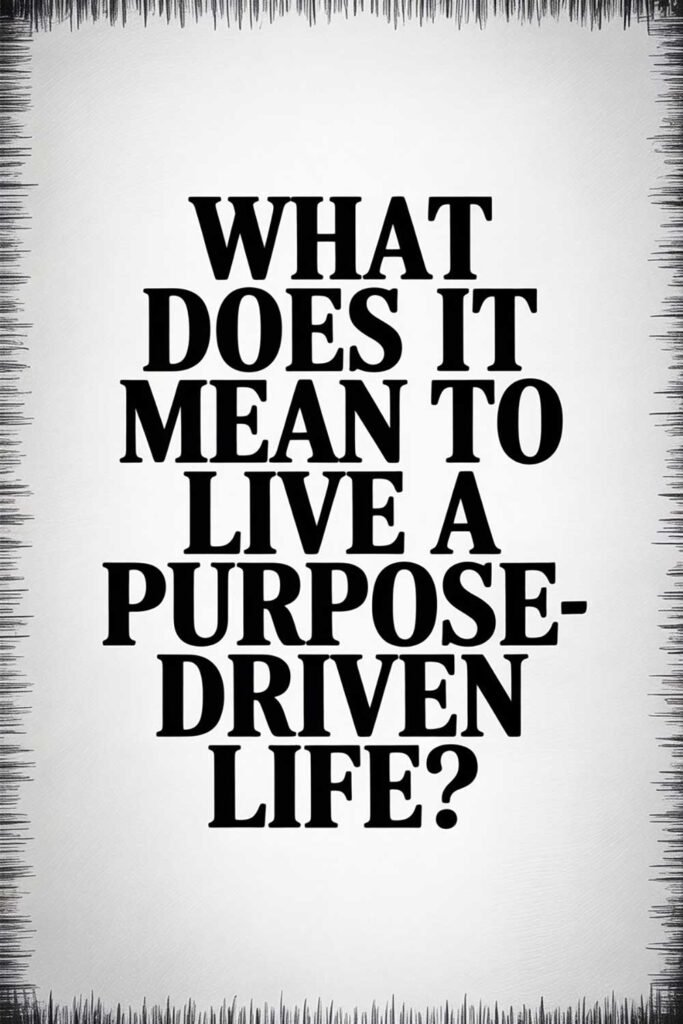
What Is Emotional Intelligence? And Why It Matters
Emotional intelligence (EQ) is one of the most powerful and life-changing skills you can develop. It shapes how we handle stress, navigate relationships, and make everyday decisions. Yet, despite how critical it is, many people don’t understand what it really means—or how to grow it.

In this deeply detailed guide, you’ll discover the full meaning of emotional intelligence, why it matters so much in today’s world, and how it can dramatically impact your life. You’ll also see how it works in real situations, gain actionable strategies to strengthen your EQ, and uncover the subtle habits that weaken it daily.
What Is Emotional Intelligence?
Emotional intelligence is the ability to recognize, understand, manage, and influence emotions—both your own and those of others. While IQ (intelligence quotient) measures cognitive ability, EQ is about how well you work with people, navigate challenges, and respond to emotional situations.
Psychologist Daniel Goleman, one of the leading voices in emotional intelligence, identifies five core components:
1. Self-Awareness
This is your ability to notice and understand your own emotions. It’s about recognizing how your feelings affect your behavior and the people around you.
2. Self-Regulation
This refers to your ability to control impulsive feelings and behaviors, manage your emotions in healthy ways, and stay calm under pressure.
3. Motivation
People with high EQ tend to be motivated by internal goals and values. They have passion and drive that goes beyond money, status, or recognition.
4. Empathy
Empathy allows you to understand the emotions, experiences, and perspectives of others—even when they’re not explicitly shared.
5. Social Skills
Strong EQ also means building relationships, managing conflict, and leading with compassion. It’s the foundation of effective communication and collaboration.
Why Emotional Intelligence Matters More Than Ever
We live in an emotionally chaotic world—constant distractions, social comparison, workplace tension, family pressures. In this environment, emotional intelligence is your secret weapon. Here’s why:
1. It Strengthens Relationships
EQ helps you respond instead of react, listen deeply, and resolve misunderstandings before they become conflicts. It improves romantic relationships, parenting, friendships, and professional connections.
2. It Builds Leadership Skills
Leaders with emotional intelligence are more inspiring, more trustworthy, and more capable of leading diverse teams through change, setbacks, or crisis.
3. It Enhances Mental and Emotional Health
People with high EQ tend to experience less anxiety and depression because they’re able to regulate their emotions, set healthy boundaries, and recognize negative thought patterns before they spiral.
4. It Leads to Greater Career Success
In today’s workforce, emotional intelligence is often more predictive of long-term success than IQ. Employers value those who can communicate, handle feedback, and adapt to change.
Real-Life Examples of EQ in Action
1. The Transformational Manager
Amy, a project manager, used to micromanage and unintentionally create stress for her team. After learning about emotional intelligence, she began scheduling weekly one-on-ones, listening actively, and adjusting her leadership style to each team member’s personality. Productivity soared—and so did job satisfaction.
2. The Empowered Student
Jason, a college student, struggled with test anxiety. By practicing mindfulness and journaling, he became more aware of his anxiety triggers and learned to calm himself before exams. His GPA improved and he felt more confident.
3. The Healing Friendship
Lila and her best friend had a falling out. Instead of ghosting her friend, Lila wrote down what she felt and why. She approached the conversation with empathy and openness. They not only reconciled but deepened their friendship.
How to Build Emotional Intelligence: A Step-by-Step Guide
1. Practice Daily Emotional Check-Ins
Ask yourself, “What am I feeling right now?” Name the emotion with precision. The more specific you are (e.g., irritated vs. angry), the better you understand yourself.
2. Use the Pause
Before reacting to a situation, take a deep breath. That moment of pause can prevent a regrettable outburst and allow you to choose your response.
3. Start an Emotional Journal
Write down moments during the day when emotions ran high. What triggered them? How did you respond? What could you do differently next time?
4. Develop Empathetic Curiosity
Instead of judging others, ask: “What’s going on beneath the surface for this person?” Empathy is a muscle that grows with consistent use.
5. Ask for Constructive Feedback
Invite trusted friends or coworkers to share how they experience your communication. Accept feedback with openness—it’s a tool, not a threat.
6. Engage in Active Listening
Don’t just hear—understand. Listen with your eyes, your body, and your heart. Reflect back what you’ve heard and ask clarifying questions.
7. Learn to Apologize and Repair
EQ is not about perfection—it’s about awareness and growth. Apologizing authentically shows emotional strength, not weakness.
What Sabotages Emotional Intelligence Daily
Even when we’re trying, certain habits work against our emotional growth:
1. Constant Distraction
Social media, texts, and endless notifications pull us away from our emotional selves and from deep connection with others.
2. Overreacting
Getting defensive or flying off the handle damages relationships and derails trust. Learning to pause is a powerful EQ practice.
3. Emotional Suppression
Bottling things up might work short-term—but over time it creates resentment, disconnection, and emotional exhaustion.
4. Toxic Environments
If you’re surrounded by negativity, criticism, or manipulation, it’s harder to stay emotionally grounded. Protect your peace.
Where to Apply Emotional Intelligence
- At Work: Give thoughtful feedback, de-escalate tense situations, and lead with integrity.
- In Relationships: Communicate your needs clearly, listen with empathy, and show emotional accountability.
- With Yourself: Treat yourself with self-compassion. Notice inner dialogue. Create habits that nurture emotional well-being.
20 Quotes About Emotional Intelligence
- “Emotional intelligence is the key to both personal and professional success.” – Daniel Goleman
- “You can’t control how you feel, but you can always choose how you act.” – Mel Robbins
- “Between stimulus and response, there is a space. In that space is our power to choose our response.” – Viktor Frankl
- “Awareness is the greatest agent for change.” – Eckhart Tolle
- “People will forget what you said, but they’ll never forget how you made them feel.” – Maya Angelou
- “Self-awareness doesn’t stop you from making mistakes, it allows you to learn from them.” – Unknown
- “Be the calmest person in the room. It’s contagious.” – Unknown
- “You don’t have to attend every argument you’re invited to.” – Unknown
- “Strong people have a strong sense of self-worth and self-awareness.” – Brene Brown
- “Speak when you are angry and you will make the best speech you’ll ever regret.” – Ambrose Bierce
- “Empathy is about finding echoes of another person in yourself.” – Mohsin Hamid
- “When awareness is brought to emotion, power is brought to life.” – Tara Meyer Robson
- “Emotional intelligence begins when you choose curiosity over judgment.” – Brene Brown
- “Self-control is strength. Calmness is mastery.” – James Allen
- “Judging a person does not define who they are. It defines who you are.” – Wayne Dyer
- “Listening is often the only thing needed to help someone.” – Unknown
- “Feelings are much like waves. We can’t stop them, but we can choose which ones to surf.” – Jonatan Mårtensson
- “The highest form of knowledge is empathy.” – Bill Bullard
- “Don’t raise your voice. Improve your argument.” – Desmond Tutu
- “Being aware of your emotions doesn’t make you weak—it makes you wise.” – Unknown
Picture This
Imagine waking up in the morning with a calm, grounded energy. You check in with how you’re feeling. You respond with clarity instead of reacting in stress. You listen to your loved ones deeply and handle your work challenges with calm leadership.
You notice the difference in your relationships. People come to you more. They trust you. They feel heard and understood. And you finally feel connected to yourself.
That’s the power of emotional intelligence—it changes everything from the inside out.
Please Share This Article
If this article helped you understand emotional intelligence or sparked a desire to grow emotionally, please share it. Send it to a friend, post it on social media, or pass it along to someone who could benefit. The more emotionally aware we are as individuals, the better we all become as a society.
Disclaimer
This article is based on personal experience, coaching tools, and psychological research. It is for informational purposes only and not a substitute for mental health counseling. Always seek professional help if you’re struggling with emotional regulation or mental health.






